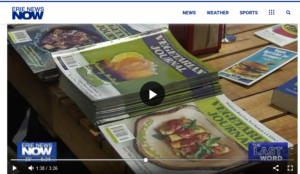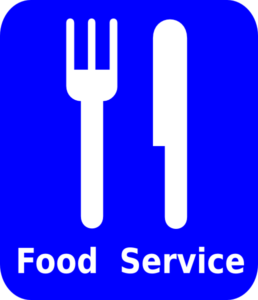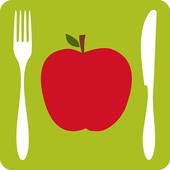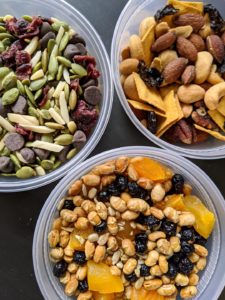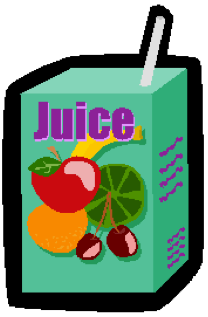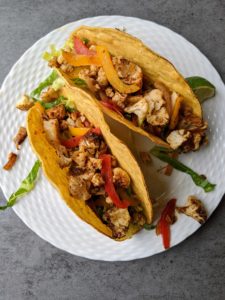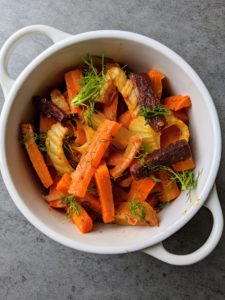Cherry-Lime-Ginger Oat Bars
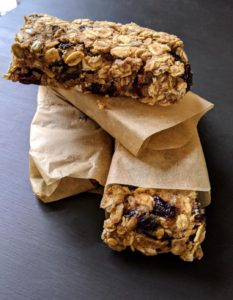
By Rissa Miller, Senior Editor Vegan Journal
These oat bars are nut-free and ready to go for hikes, car trips, or even long days at the computer. They keep well in the fridge for a week, and for a few months in a sealed container in the freezer. For ideas on how to vary this recipe’s flavors, see the notes at the bottom.
3 Tablespoons flaxseed meal
6 Tablespoons warm water
1-1/2 cups rolled oats
1 cup dried cherries
1/2 cup whole wheat flour (can also use 1:1 gluten free flour blend)
1/2 cup vegan protein powder (plain brown rice protein powder used; or just use more flour)
1/2 cup hulled sunflower seeds
1/4 cup sunflower seed butter
1/4 cup maple syrup
1/4 cup unsweetened vegan milk of choice (oat milk used in tests)
1 teaspoon powdered ginger (or more/less, to taste)
1 teaspoon vanilla
Zest from one lime
1/8 teaspoon salt (optional, to taste)
1/8 teaspoon ground cloves
Preheat the oven to 350 degrees. Line a 7- x 11-inch baking dish with parchment paper (or coat with non-stick spray). Set aside.
In a small bowl, stir together flaxseed meal and warm water. Set aside to congeal. In a medium bowl, combine all remaining ingredients. Add flax/water and stir again. The mixture will be stiff and sticky; it may be necessary to work it together by hand instead of with a spoon.
When all ingredients are well-combined, press into the prepared baking dish. Score with a knife to cut into 12 evenly sized bars. Bake for 20-25 minutes until the top is firm and the edges are crisp. Allow to cool for 15-20 minutes before re-cutting the bars along the original scored lines and gently removing from the baking dish.
The bars hold up well in the fridge for about a week. You can also individually wrap them for hikes, car trips, other travel, or days at work/school.
Want other flavor ideas? Swap the lime for lemon and the cherries for cranberries or blueberries to change things up. Love chai? Add in pinches of cinnamon and nutmeg with raisins instead of dried cherries and eliminate the citrus zest. More of a chocolate fan? Take out the dried fruit, add in 1/2 cup of mini chocolate chips, use orange zest instead of lime, and a tiny splash of coffee extract with the vanilla.
